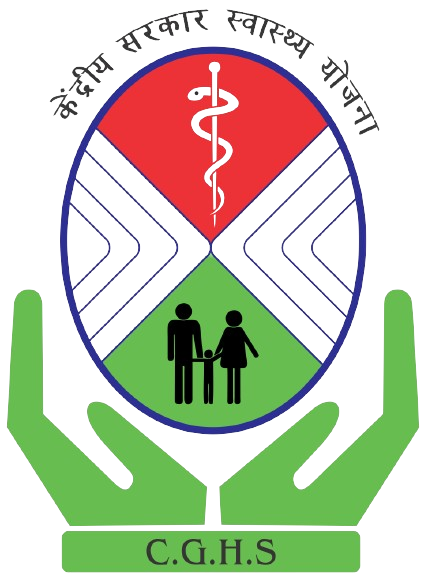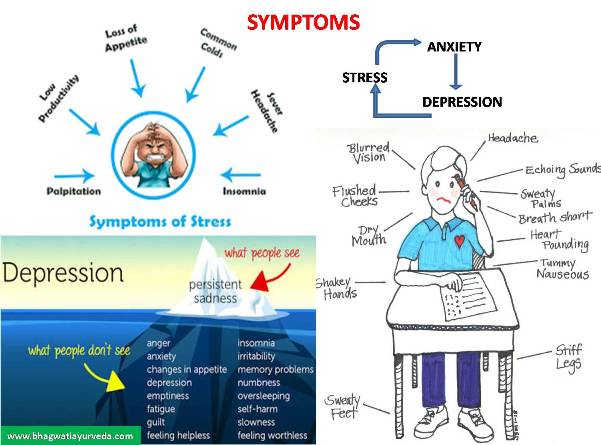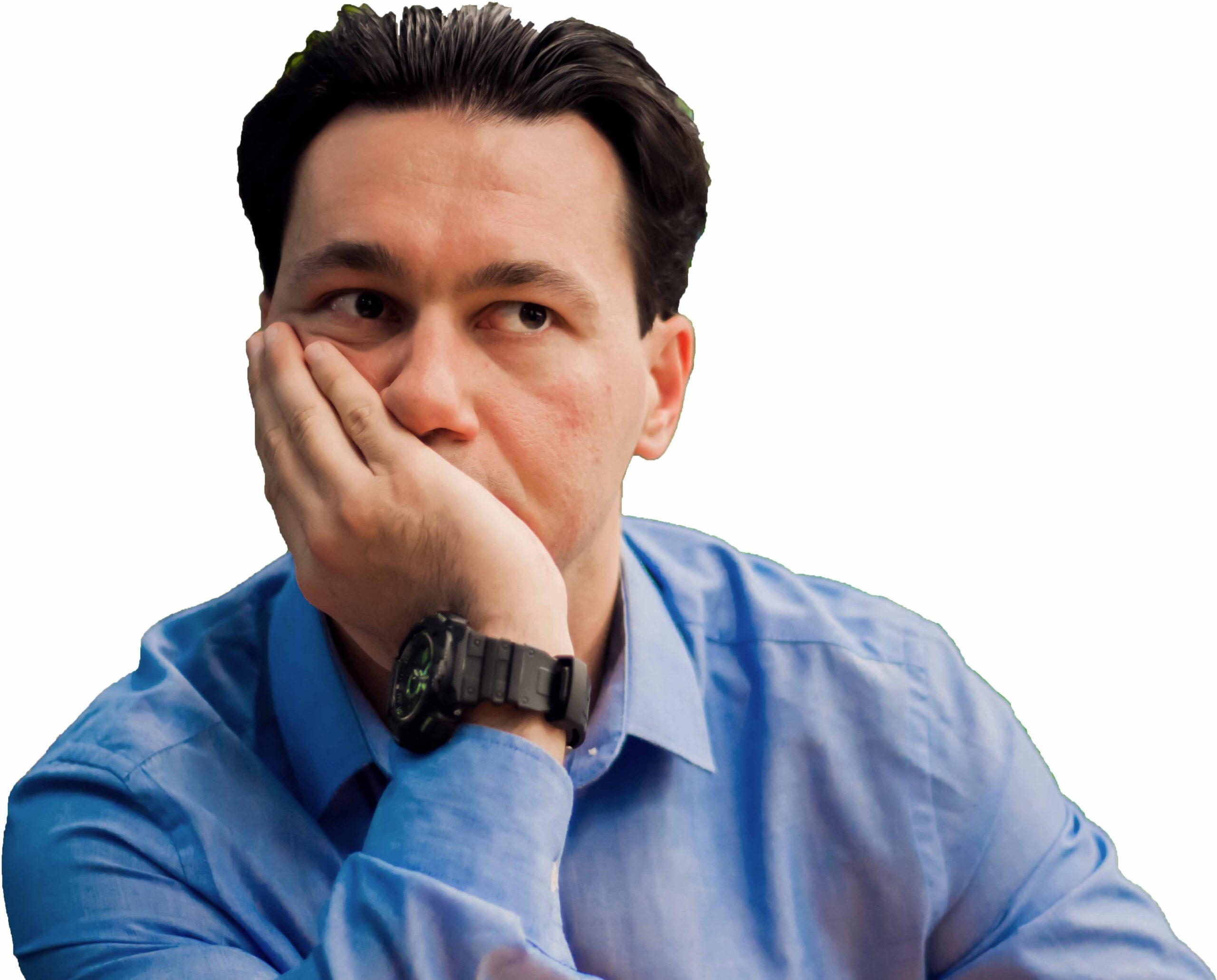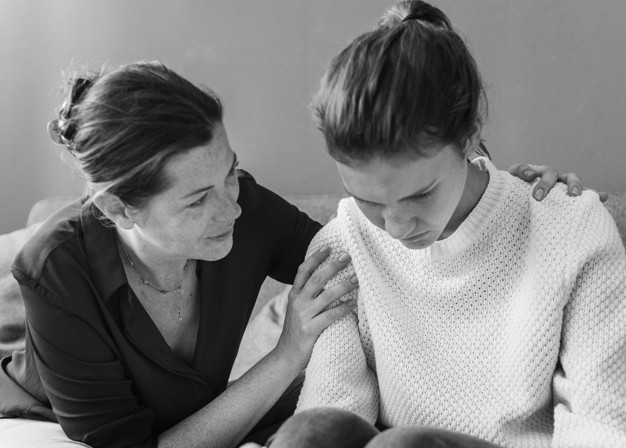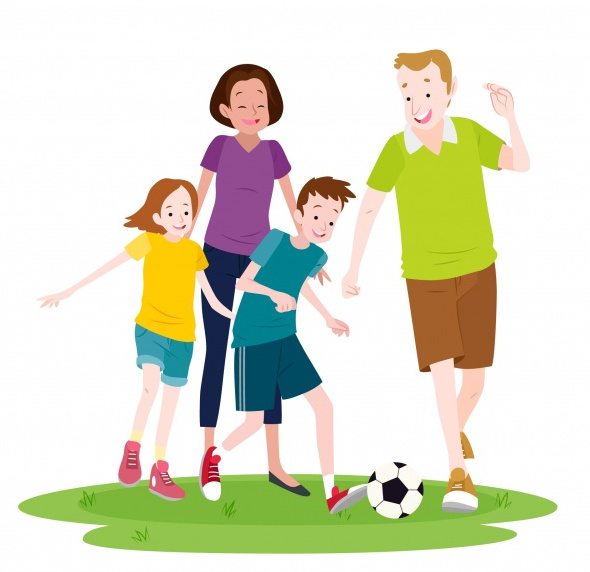Stress-Anxiety-Depression
Depression: Overview, symptoms, causes and its treatment
In modern times there is an abrupt increase in Stress, Anxiety & Depression cases prevalent in the society. The basic reason for that could be the strong desires of the individual without the actual realization of the situation for them. These Stress-Anxiety-Depression then in turn may cause several other diseased conditions which bring down the immunity powers of the individual and he then becomes very vulnerable for several illnesses.
The answer to such conditions in Ayurveda is Detoxification which cleanses all the micro-circulatory channels i.e. Srotas of our body & mind. At Bhagwati Ayurveda, this Dexotification is carried out with the help of Panchakarma Procedures. These therapies bring out the toxins from the body in the form of sweat. The body becomes relaxed, clean, light & energized after the Panchakarma Therapies. At Bhagwati Ayurveda, Jaipur thousands of such patients have been cured successfully. Detoxification processes are carried out with the help of Abhyanga (Whole Body Massage), Swedana ( Whole Body Herbal Steam), Shirodhara, Shirolepa and several other therapies which are planned according to the need of the patient, which are prescribed after the consultations from our expert physicians at Bhagwati Ayurveda, Jaipur.



